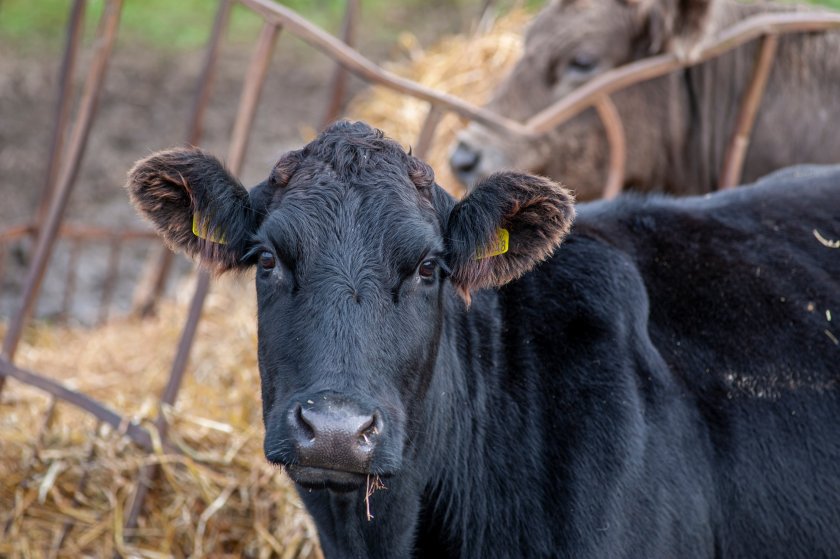
The government has confirmed an eighth case of bluetongue within Kent's expanded temporary control zone (TCZ).
Following active surveillance in the TCZ, an eighth case of bluetongue serotype 3 was confirmed in a single cow on Wednesday (6 December).
The initial outbreak of bluetongue began on 11 November near Canterbury in a single cow, making it the UK's first case of the virus since 2007.
Defra has since widened the original 10km temporary control zone (TCZ) following confirmation of numerous other cases.
Publishing an update on the situation, the department said that 'surveillance is ongoing'.
"This animal is on a new premises located within the TCZ. There is currently no evidence that there is circulating virus."
The virus is usually transmitted by midge bites and affects cows, goats, sheep and other camelids such as llamas.
Midges are most active between April and November and not all susceptible animals show immediate, or any, signs of contracting the virus.
Impacts on susceptible animals can vary greatly – some show no symptoms or effects at all while for others it can cause productivity issues such as reduced milk yield, while in the most severe cases can be fatal for infected animals.
Christine Middlemiss, the UK’s chief veterinary officer, has urged farmers to remain vigilant for bluetongue virus following the latest case.
“Bluetongue does not pose a threat to human health or food safety, but the disease can impact livestock farms, and cause productivity issues," she said.
“This detection is an example of our robust disease surveillance procedures in action and it is also a clear reminder for farmers that the disease remains a threat, despite coming towards the end of the midge activity season.
“Farmers must remain vigilant and report any suspicions to APHA.”
BTV is a notifiable disease. Suspicion of BTV in animals in England must be reported to the Animal and Plant Health Agency on 03000 200 301.
Farmers in and around the TCZ can also call Ruminant Health & Welfare's (RH&W) bluetongue hotline on 024 7771 0386 for advice.
Bluetongue does not affect people or food safety.
